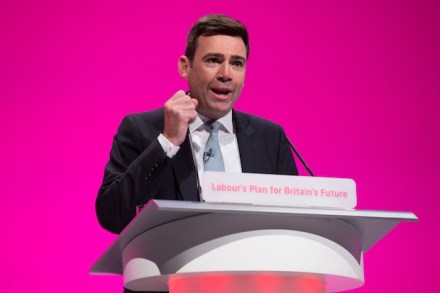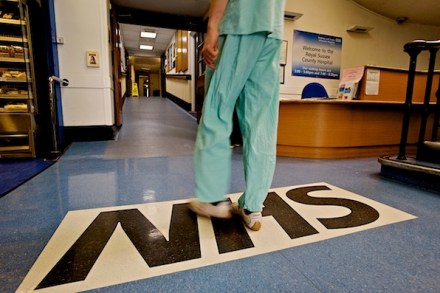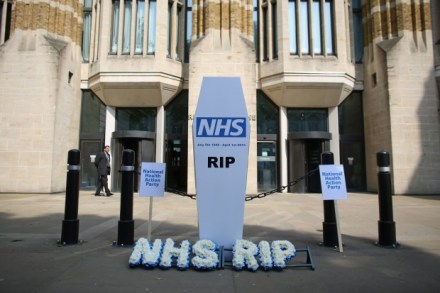If you really love the NHS, you know it needs to change
To adapt Aeschylus’s aphorism on war and truth, the first casualty in a general election campaign is objectivity. Over the next eight weeks NHS staff can expect nothing but saccharine praise from politicians who are falling over themselves to say how wonderful the health service is, how committed they are to it. The Conservatives may revive their ‘NH-yes’ slogan, promising to safeguard its budget. Labour proposes to protect it from what few reforms the Conservatives promise and even Ukip is posing as ‘the party of the NHS’. A true friend of the NHS, however, would accept that all is not well, and that ‘protecting’ its current structure is an act




















